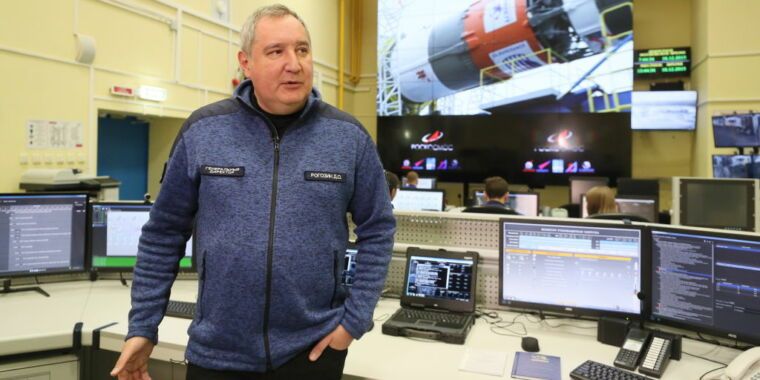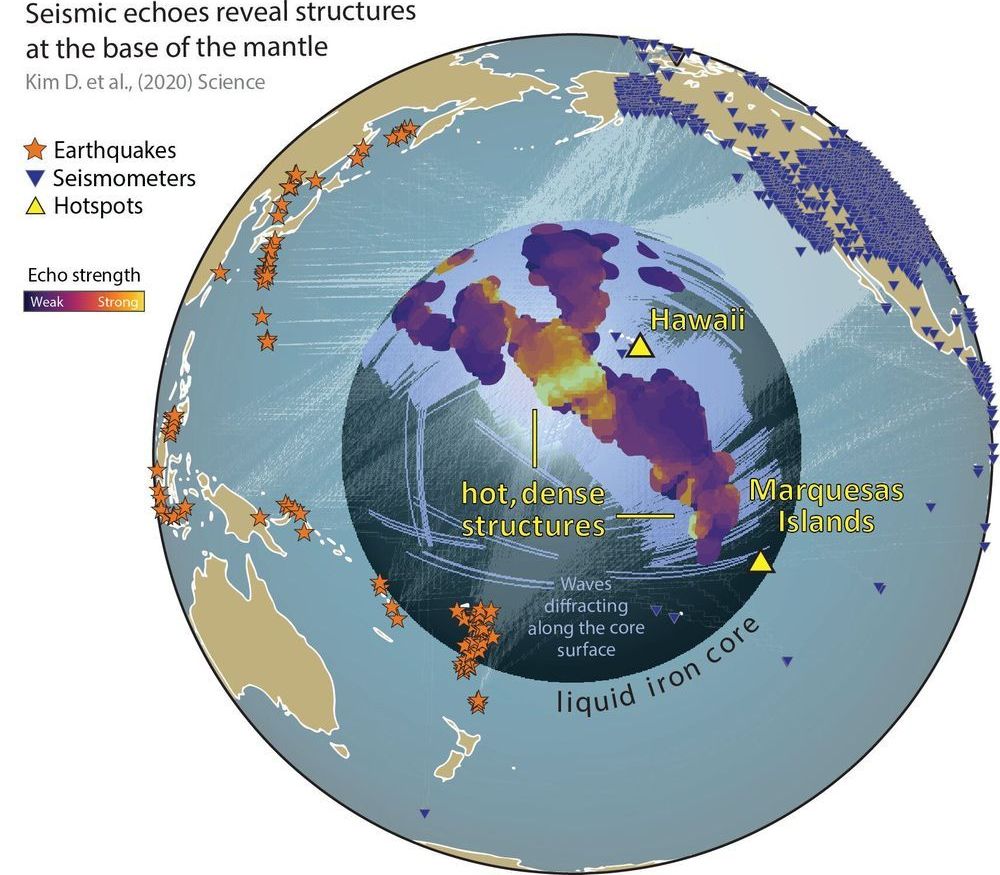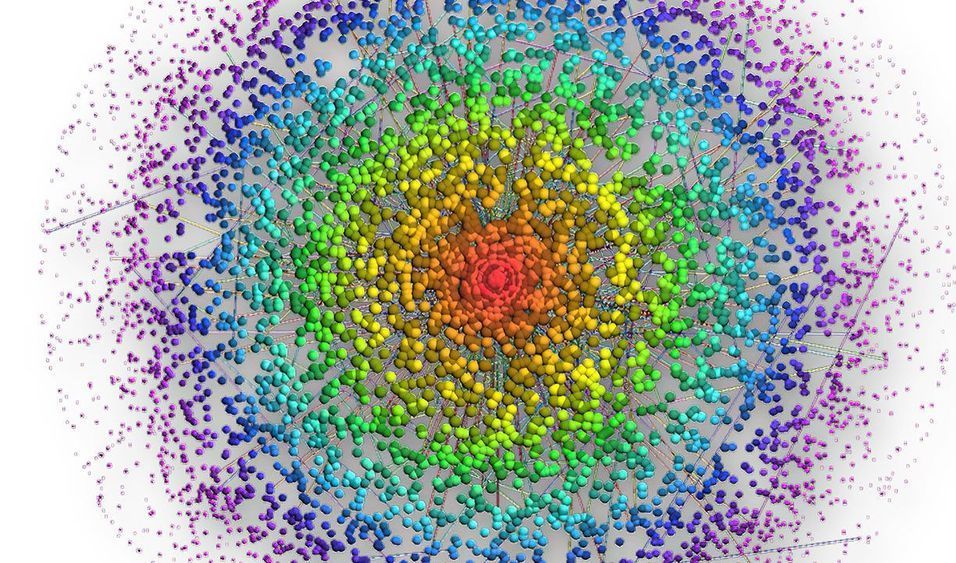Get the latest international news and world events from around the world.

Genetics of uniqueness
True genetic isolation is hard to pull off. Human populations tend to mix when they are in close proximity.
Consider the Hui people. These are Muslims who live across China and speak the local Chinese dialect of their locale. The Hui claim descent from Central Asians and Persians who arrived in China around 1,000 years ago. But the vast majority of their genomes are no different from the Han Chinese. Physically they are impossible to distinguish from Han Chinese unless you take note of their attire.
How can that be when they are so culturally different? For example, as Muslims the Hui do not eat pork and consider it unclean. In contrast, for the majority Han pork is dietary staple.

Seismic waves reveal giant structures deep beneath Earth’s surface
Analysing data from hundreds of major earthquakes, Doyeon Kim at the University of Maryland and his colleagues have found a new structure beneath the volcanic Marquesas Islands in the South Pacific Ocean. The structure, known as an ultra-low velocity (ULV) zone, is about 1000 kilometres in diameter and 25 kilometres thick, says Kim.
These structures are called ULV zones because seismic waves pass through them at slower velocities, but what they are made of is still a mystery. They might be chemically distinct from Earth’s iron–nickel alloy core and silicate rock mantle, or have different thermal properties.
The researchers discovered the structure while analysing 7000 records of seismic activity from earthquakes that occurred around the Pacific Ocean basin between 1990 and 2018. The earthquakes all had a magnitude of 6.5 or greater, and were all deeper than 200 kilometres below Earth’s surface.

SpaceX aims to send the first crew to Mars aboard Starship in 2024
SpaceX is developing a massive stainless-steel Starship that will one day take one hundred passengers to Mars. The company aims to launch the fist Starship with cargo by 2022 and targets 2024 for the first crewed voyage to Mars. The first mission to Mars will consist of taking over 100 tons of cargo humans will need to survive on the rough Martian environment. Vital things like Oxygen and food will be transported to Mars first, so, when the first astronauts arrive, they will have more survival resources. Then, the second mission will transport the first humans to the Red Planet.
Yes— Elon Musk (@elonmusk) June 5, 2020

Billions of devices affected by UPnP vulnerability
Stop us if you’ve heard this before but a researcher has uncovered a new security vulnerability affecting many devices running the Universal Plug and Play (UPnP) protocol.
Named CallStranger by discoverer Yunus Çadırcı, the potential for trouble with this flaw looks significant for a whole menu of reasons, starting with the gotcha that it’s UPnP.
UPnP was invented back in the mists of time to graft the idea of plug-and-play onto the knotty world of home networking.
Getting High with a Hallucinogenic Toad Prophet
Many cultures have found religious experiences with creatures and this soronan desert road has naturally occurring dmt with has actually created many religious organizations for centuries.
Our Vice Mexico team went to the Sonora desert in search of the Bufo Alvarius, an endemic toad species that contains a very high dosage of 5-MEO-DMT in it´s body. 5-MEO-DMT is said to be the most potent hallucinogenic in the world.
Our guide through this trip was Octavio Rettig, a doctor who has studied this toad for more than eight year and has brought the medicine — as he calls the substance — all over the world.
We went to Punta Chueca, Sonora, where we hanged out with the indigenous community who has been taking 5-MEO-DMT from the toad since pre-hispanic times. We met Grandpa Pancho — one of the elders of the town — and travelled with him to the sacred island of Isla Tiburón. There we had a small ceremony where we tried the substance for the very first time.
Watch more Episodes of Mexicalia: http://bit.ly/Mexicalia

Russia’s space leader seems pretty bitter about SpaceX’s success
But he, himself, is clearly not gone. Earlier this week, Rogozin authored an op-ed in Forbes about Crew Dragon and Russia’s plans in space. Roscosmos has since published an English version, and in it Rogozin is far less complimentary of SpaceX and NASA.
“Elon Musk did not bring us down—he brought down his compatriots.”

Scientists detect unexpected widespread structures near Earth’s core
University of Maryland geophysicists analyzed thousands of recordings of seismic waves, sound waves traveling through the Earth, to identify echoes from the boundary between Earth’s molten core and the solid mantle layer above it. The echoes revealed more widespread, heterogenous structures—areas of unusually dense, hot rock—at the core-mantle boundary than previously known.
Scientists are unsure of the composition of these structures, and previous studies have provided only a limited view of them. Better understanding their shape and extent can help reveal the geologic processes happening deep inside Earth. This knowledge may provide clues to the workings of plate tectonics and the evolution of our planet.
The new research provides the first comprehensive view of the core-mantle boundary over a wide area with such detailed resolution. The study was published in the June 12, 2020, issue of the journal Science.


Switching off noisy neurons in mice restores memories lost to Alzheimer’s
Researchers in Germany have discovered a new mechanism by which Alzheimer’s disease impairs memory recall – and, importantly, found a way to reverse it in mice. Neurons encoded with existing memories are being drowned out by noise from neurons encoding new experiences, and silencing these allowed the mice to regain lost memories.
The hippocampus is the region of the brain responsible for encoding experiences into memories, by building networks of neurons that store the information. When we recall a previous situation, those same neurons are activated. But when Alzheimer’s strikes, the hippocampus is usually one of the first brain regions to go. This manifests as the familiar memory loss and confusion that patients suffer from.
It was previously thought that the disease impairs the neurons containing memories so that they can’t be activated during recall, and eventually the memory they hold is lost. But the new study, from researchers at the German Center for Neurodegenerative Diseases (DZNE), found a different mechanism at work.